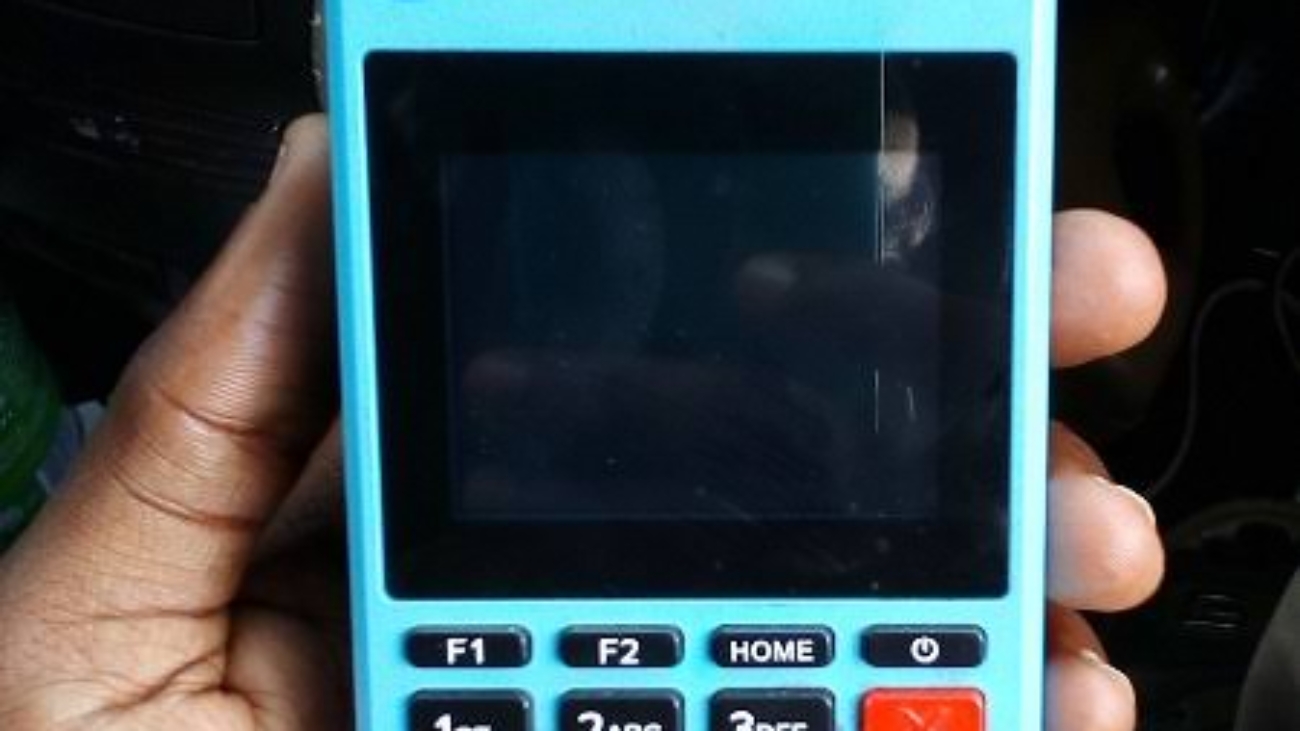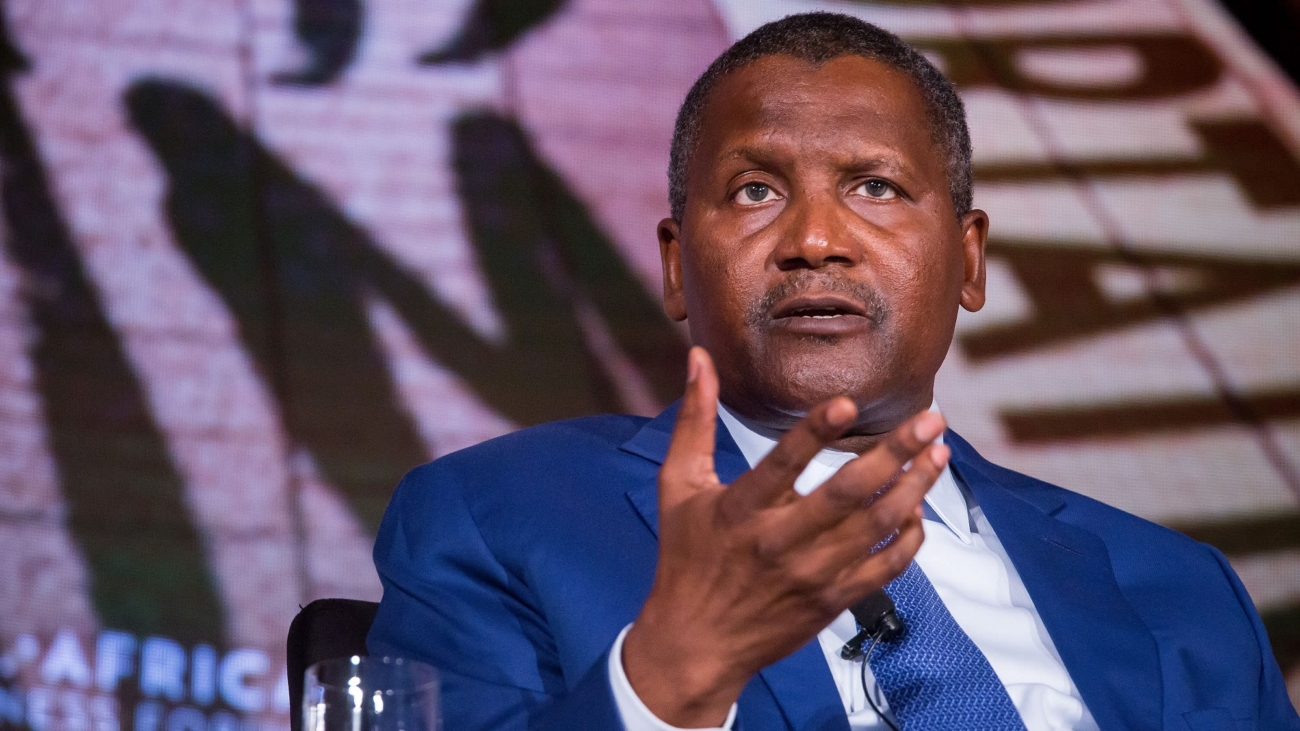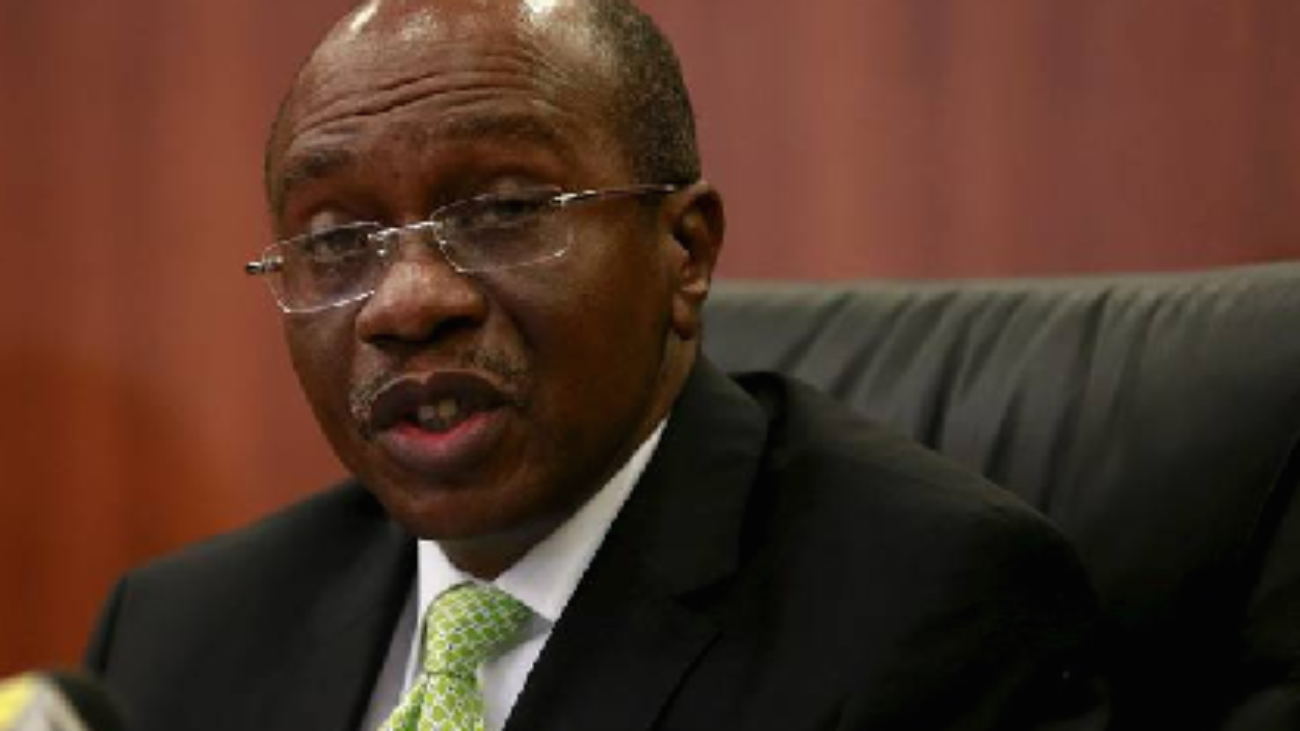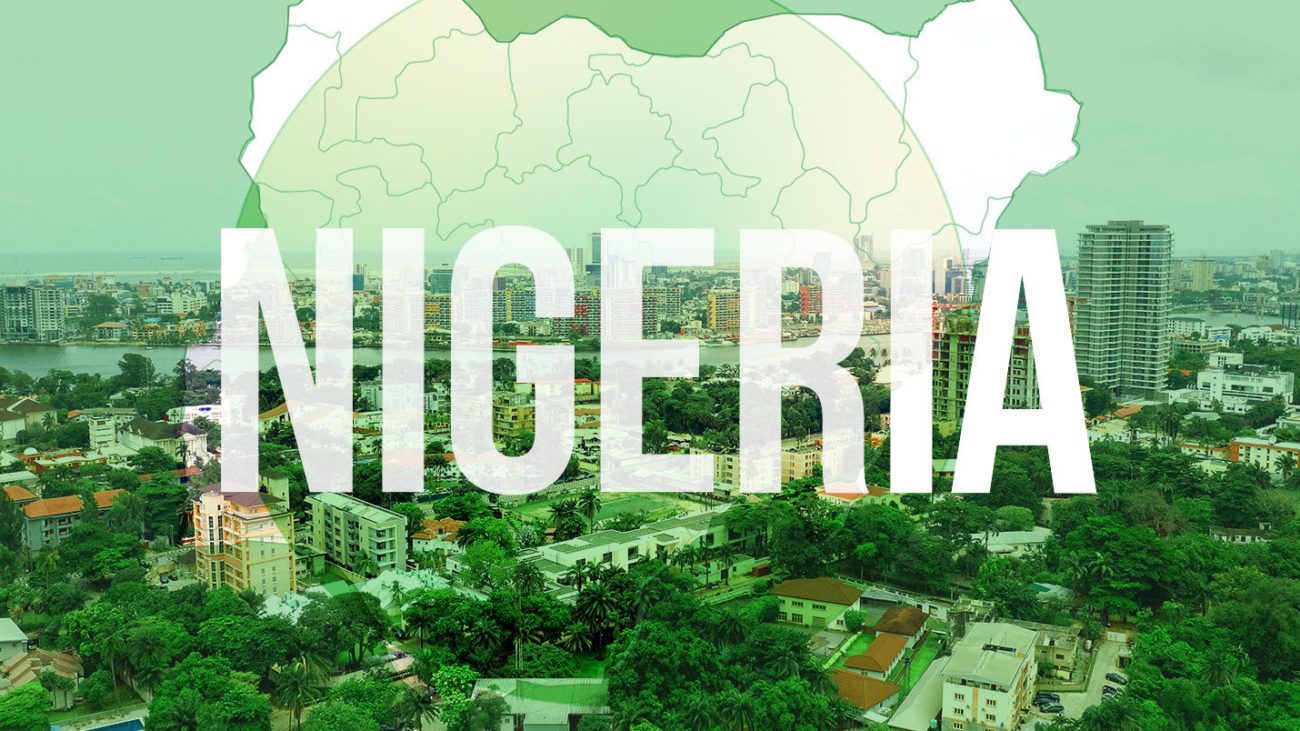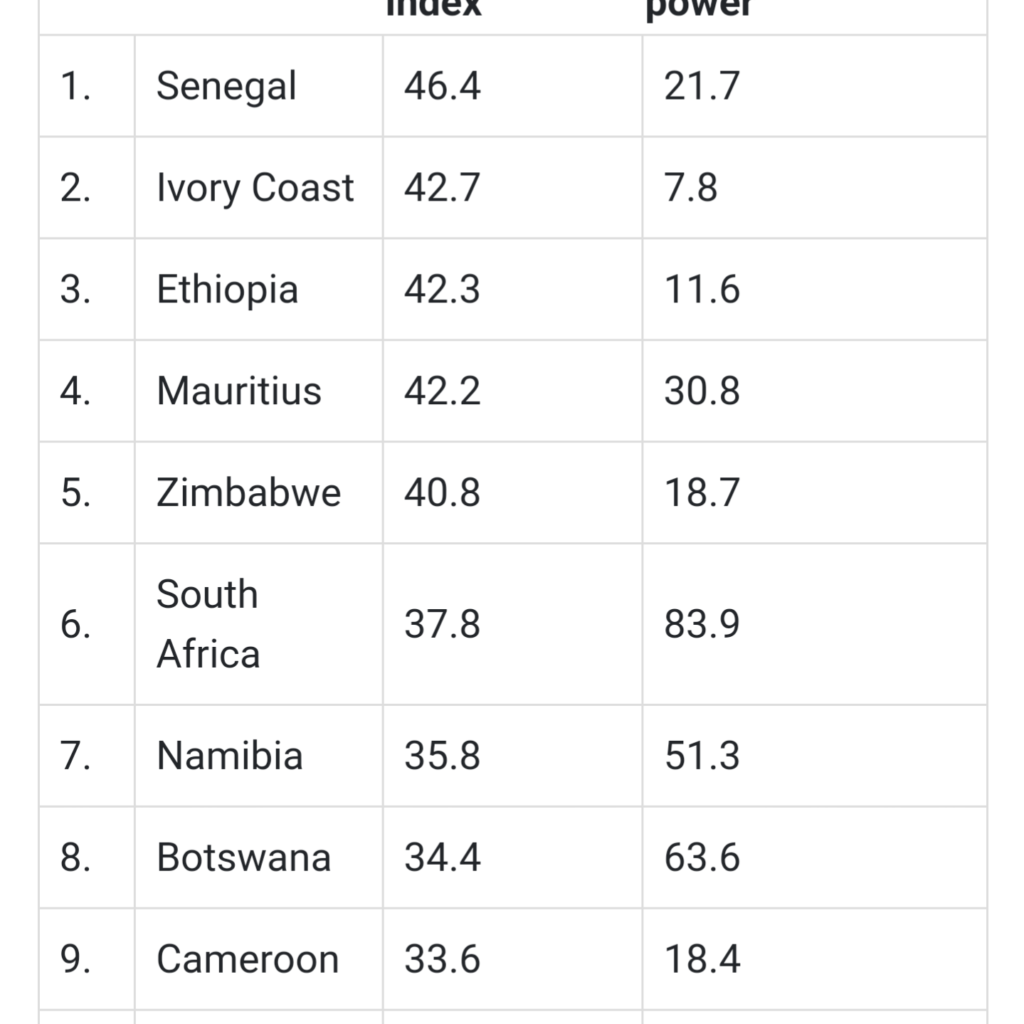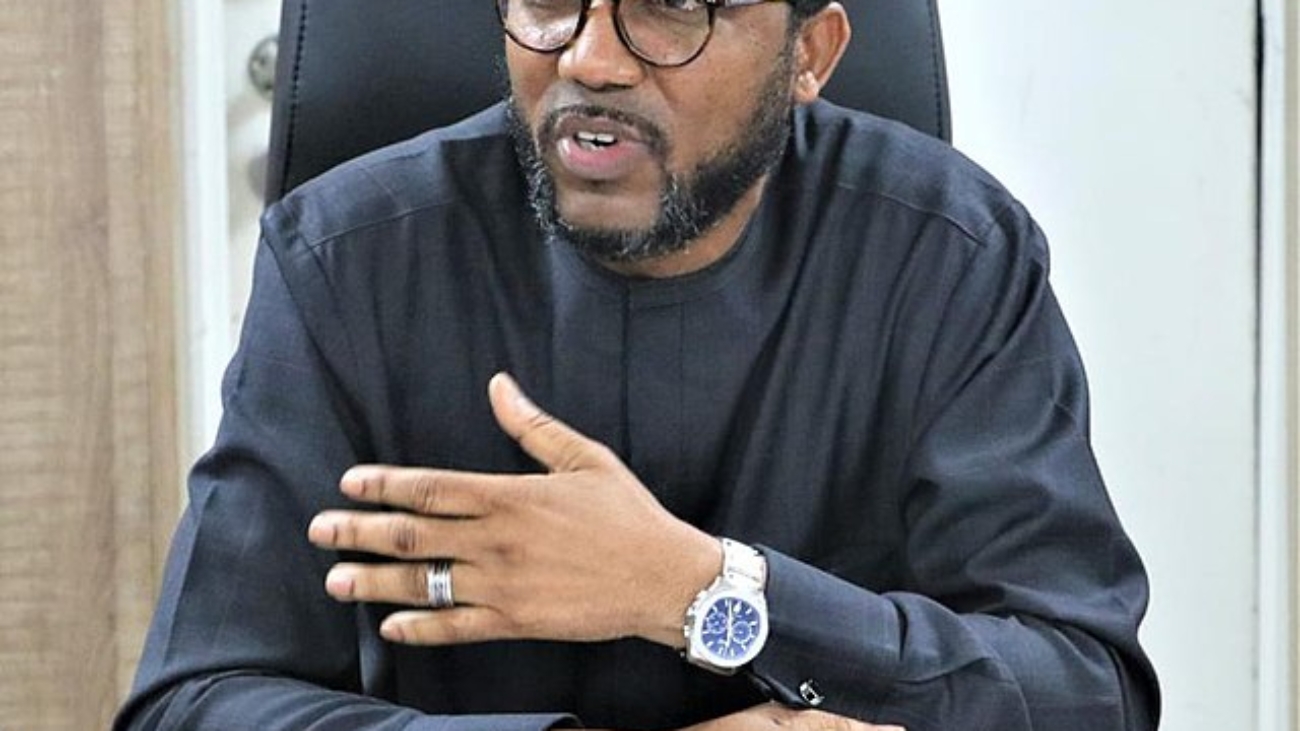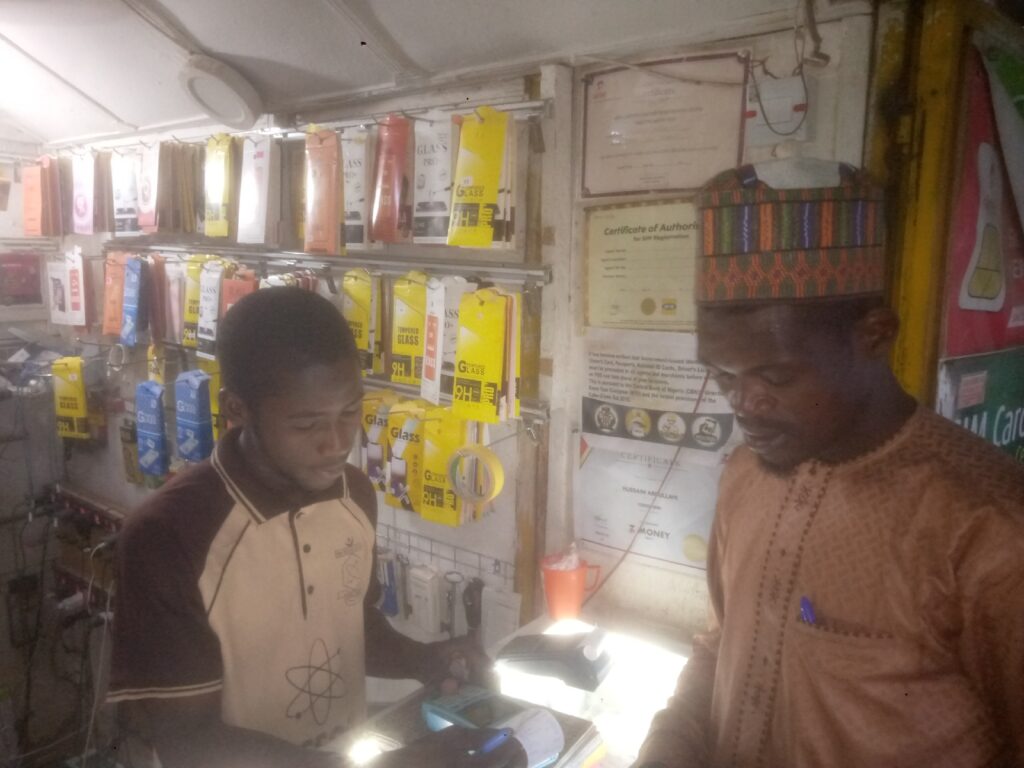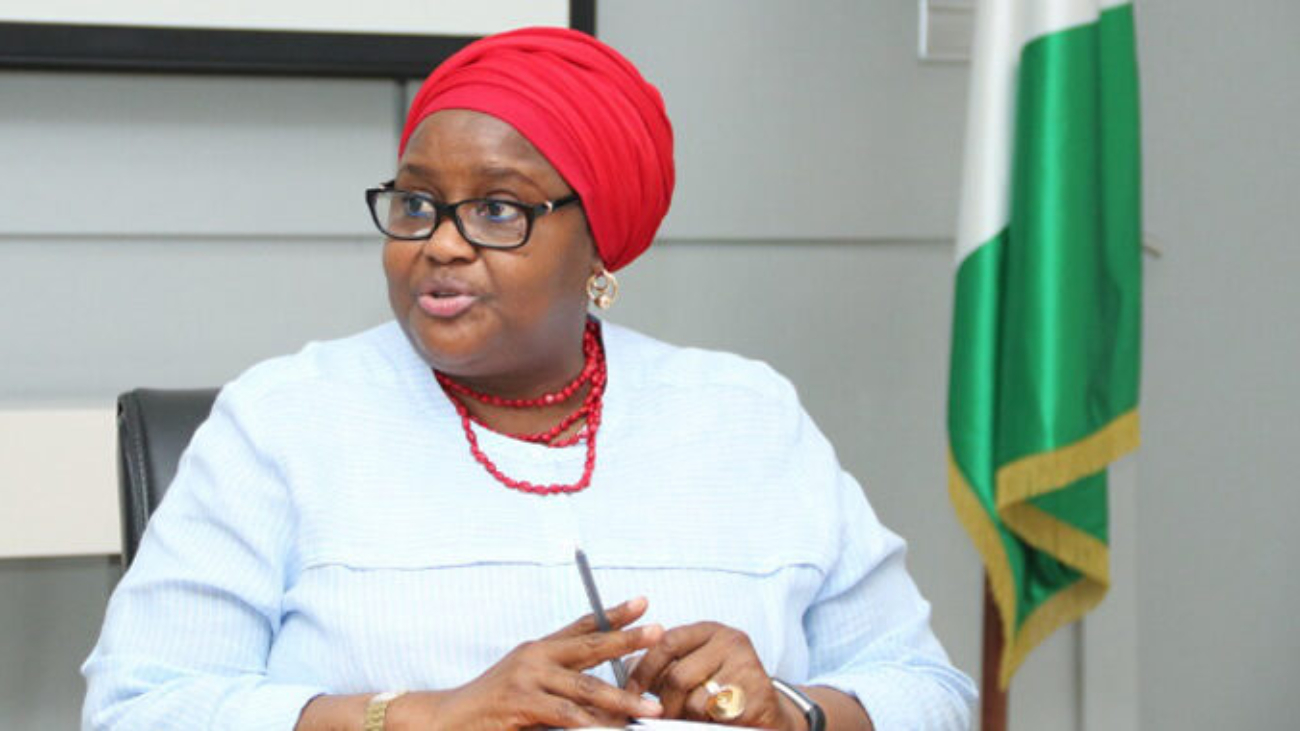The Central Bank of Nigeria (CBN) has released an exposure draft of guidelines for the management of dormant accounts, unclaimed balances, and other financial assets in banks and other financial institutions in Nigeria.
The draft guidelines are being issued in response to requests from banks and other stakeholders for further clarification on the procedures for managing dormant and inactive accounts.
The guidelines mandate that the CBN shall open and maintain an account called “Unclaimed Balances Trust Fund Pool Account” to warehouse unclaimed balances in eligible accounts.
Read Also:
The funds in the account will be invested in Nigerian Treasury Bills (NTBs) and other securities as approved by the “Unclaimed Balances Management Committee.”
Accounts affected
The scope of the guidelines covers all financial institutions (FI) under the purview of the Central Bank of Nigeria (CBN) and applies to eligible accounts that have been dormant for a period of 10 years and beyond.
Eligible dormant accounts/unclaimed balances and other financial assets include various types of deposits, domiciliary accounts, prepaid card accounts, and wallets, proceeds of uncleared and unpresented financial instruments, unclaimed salaries and wages, and other similar assets.
However, the guidelines specify that certain classes of dormant accounts/financial assets are exempted, including government-owned accounts, accounts that are subject to litigation, accounts under investigation by a regulatory authority or law enforcement agency, and encumbered accounts.
Why is this necessary?
Before the release of the draft guidelines by the CBN, the treatment of dormant accounts varied across financial institutions in Nigeria.
However, in general, dormant accounts were typically left untouched and unmonitored by financial institutions.
This lack of monitoring of dormant accounts often resulted in unclaimed balances, which can create challenges for the stability of the financial system. Unclaimed balances can also cause financial losses for customers who may not be aware that they have balances in dormant accounts.
With the draft guidelines on the management of dormant accounts, unclaimed balances, and other financial assets in banks and other financial institutions in Nigeria, the CBN seeks to address the challenges associated with dormant accounts and unclaimed balances in the Nigerian financial system.
Backstory
Recall in 2021, the Finance Act 2020 signed into law by President Muhammadu Buhari provides that the federal government can borrow from the unclaimed dividends and dormant account balances under the Unclaimed Funds Trust Fund.
The funds are made available as a special debt owed by the federal government to the respective shareholders and the dormant bank account holders.
Recent data from NIBBS also indicates Nigeria has about 57.9 million inactive bank accounts while about 133.5 million were active.
Other details of the guideline
To ensure compliance with the guidelines, the CBN has also established a management committee to oversee the operation of the UBTF Pool Account, issue regulations, guidelines, and circulars on the administration of dormant/unclaimed balances and financial assets in FIs, and monitor compliance with the guidelines.
Financial institutions (FIs) are also required to take certain actions with respect to dormant and inactive accounts.
For instance, they shall monitor inactive accounts and notify the customers, as well as protect such accounts from unauthorized usage.
They are also expected to establish procedures that will ensure continuous contact with customers to reduce the incidence of inactive/dormant accounts.
The guidelines provide a procedure for the reclaim of unclaimed balances stating that beneficial owners can access the list of unclaimed balances transferred to CBN on the websites of FIs/CBN and/or newspaper publications.
The guidelines also require the CBN to publish annually on its website, the list of owners of unclaimed balances that have been transferred to the UBTF Pool Account. Additionally, the CBN shall publish on its website, the procedure for reclaim of warehoused funds and other financial assets.
The guideline is still a draft
It is important to note that the guidelines are still in the exposure draft stage and are subject to changes before the final version is released. The CBN has invited comments from stakeholders on the draft guidelines. The final guidelines will be issued by the CBN after considering the comments received.
“The guidelines are expected to provide a framework for the management of dormant and inactive accounts, reduce the incidence of unclaimed balances in the Nigerian financial system, and promote greater transparency and accountability,” the draft guidelines state.
Overall, the CBN opines the guidelines are expected to benefit both financial institutions and their customers while also contributing to the development of the Nigerian financial sector.
The CBN’s decision to invest the funds in Nigerian Treasury Bills is expected to provide an additional source of funds to the government. This is also a huge step in implementing the provisions of the finance act.
Nairametrics


